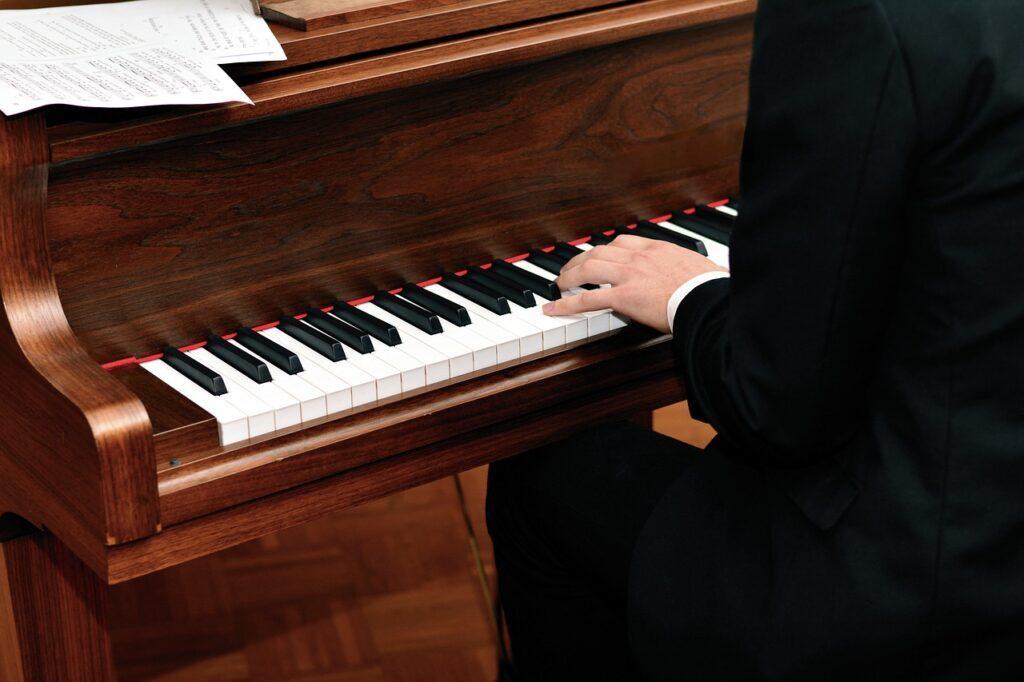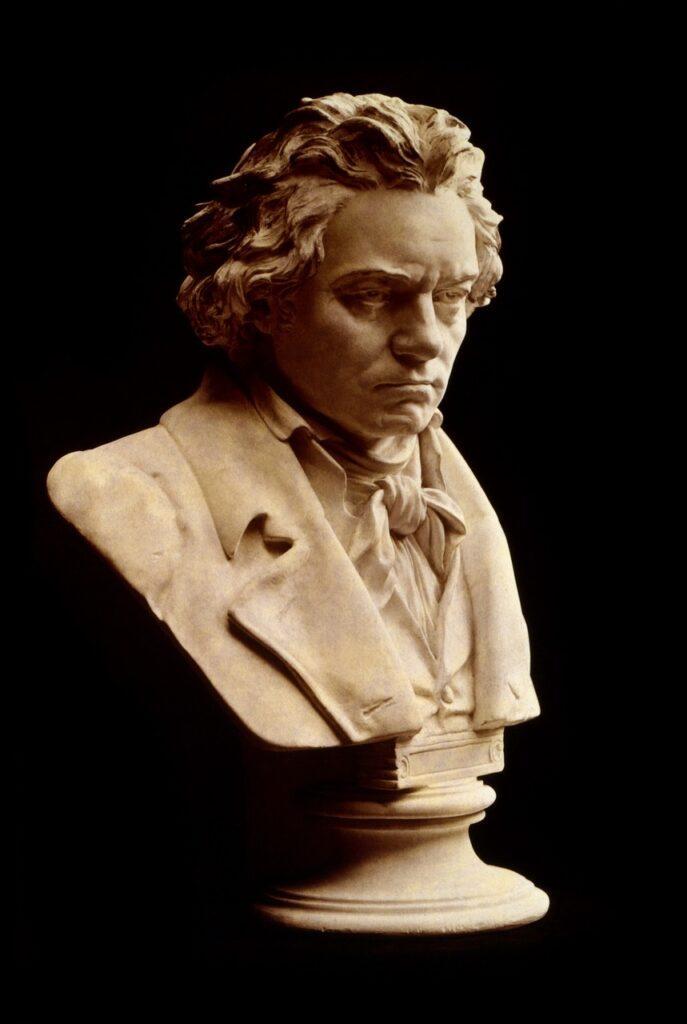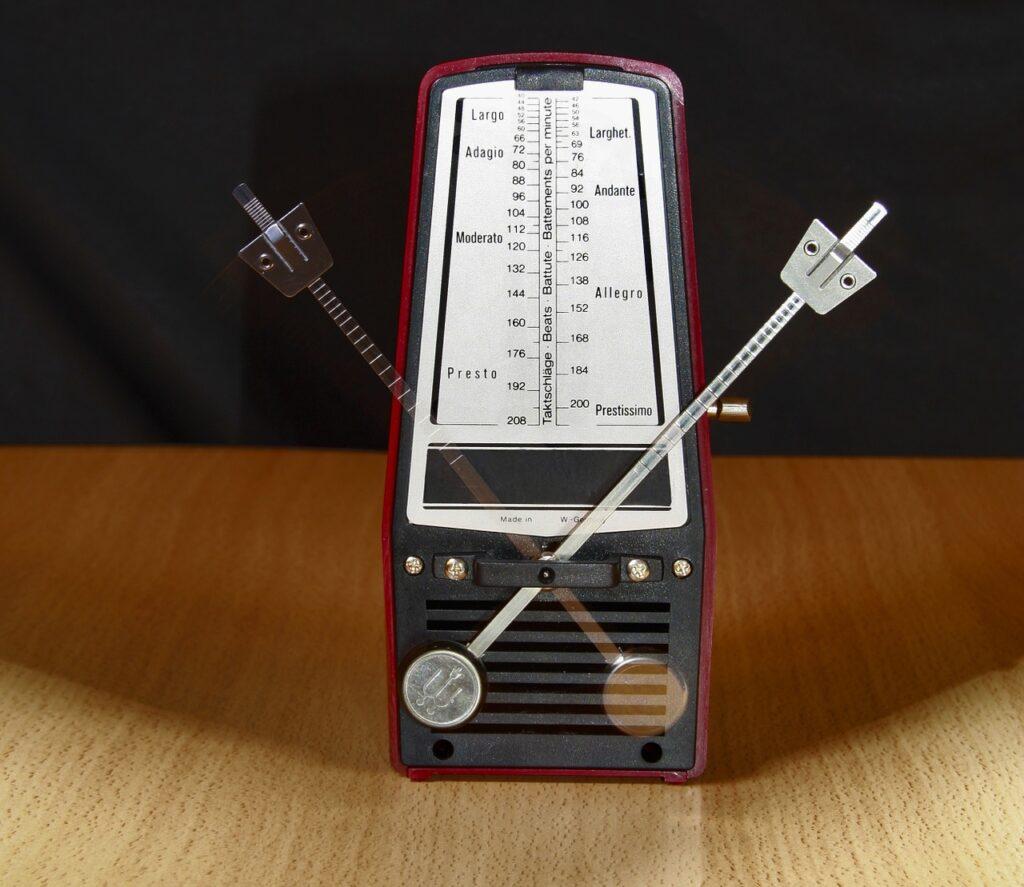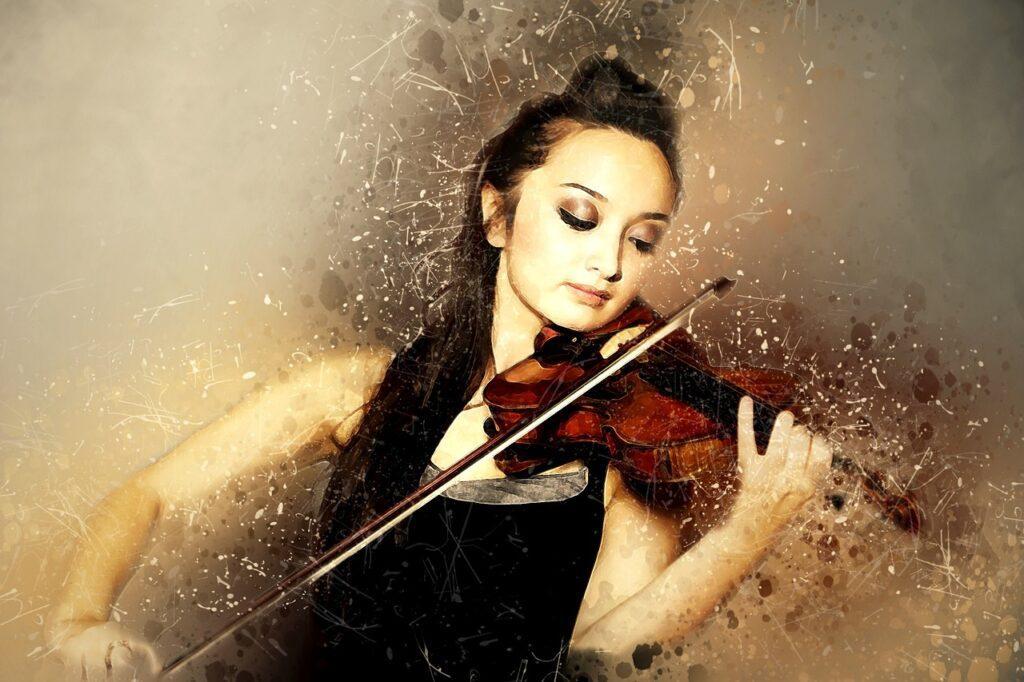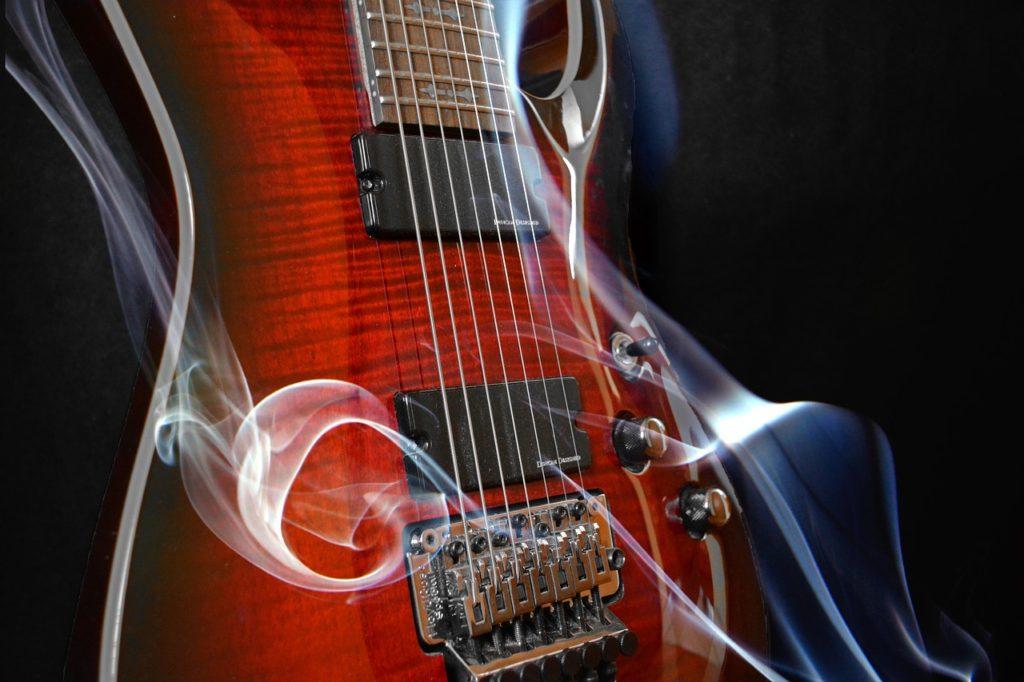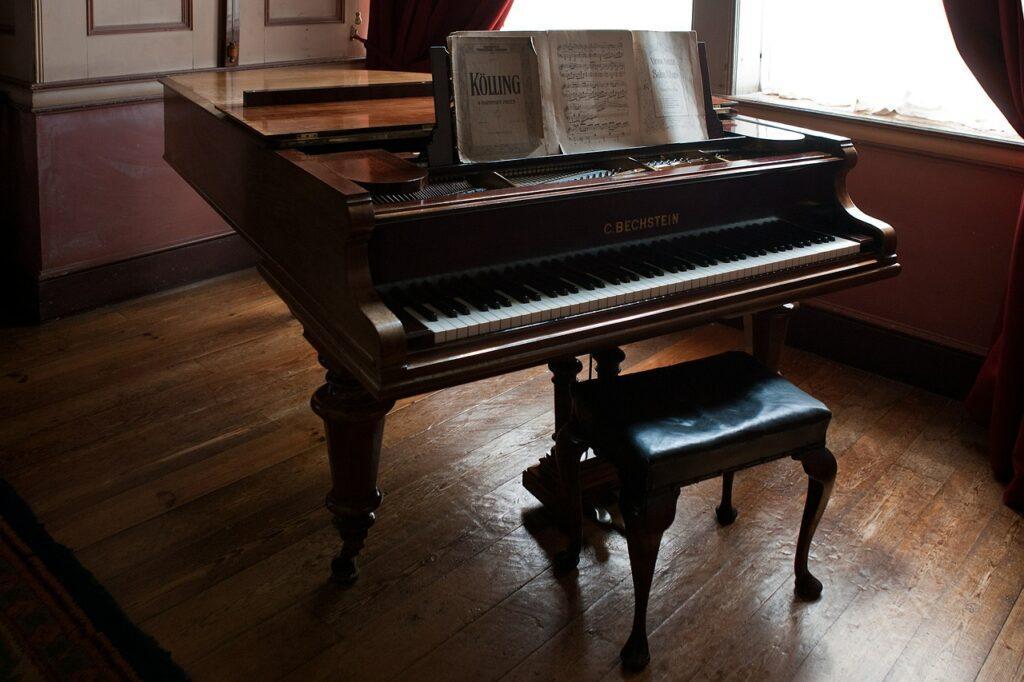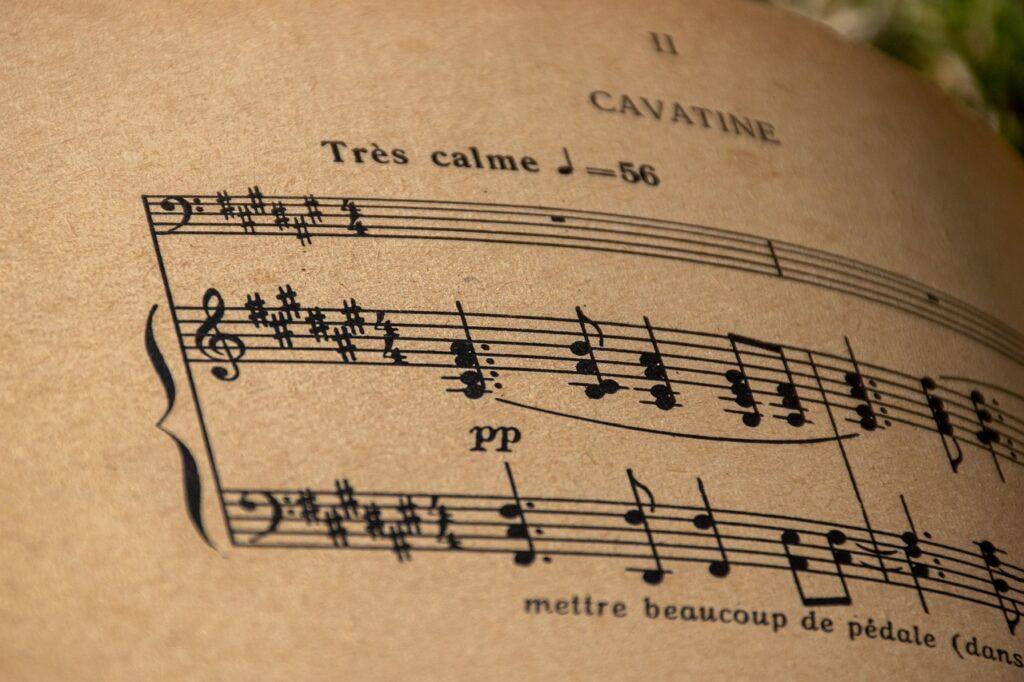Help Me! How Do I Improve My Touch on Piano? Part 4
Do you want to be better at piano touch? Do you need help learning how to interpret a piece of music? The term piano touch covers the different ways you strike the key to get certain effects. Carl Seashore, in Piano Touch, states, “The pianist has at his direct control only two of four factors in music: namely intensity and time” (360). Read more to answer the question, “How do I improve my touch on piano?” Estimated reading time 2 minutes.
Help Me! How Do I Improve My Touch on Piano? Part 4 Read More »


